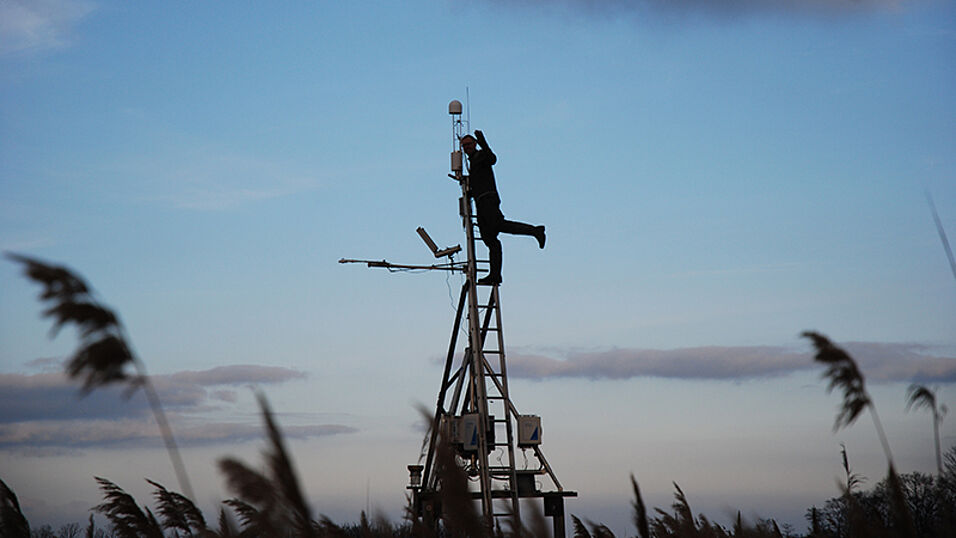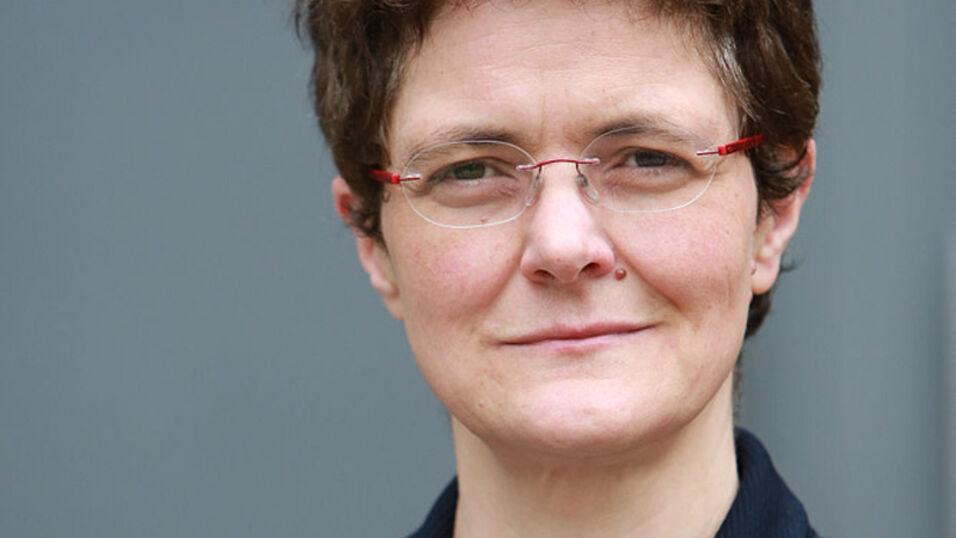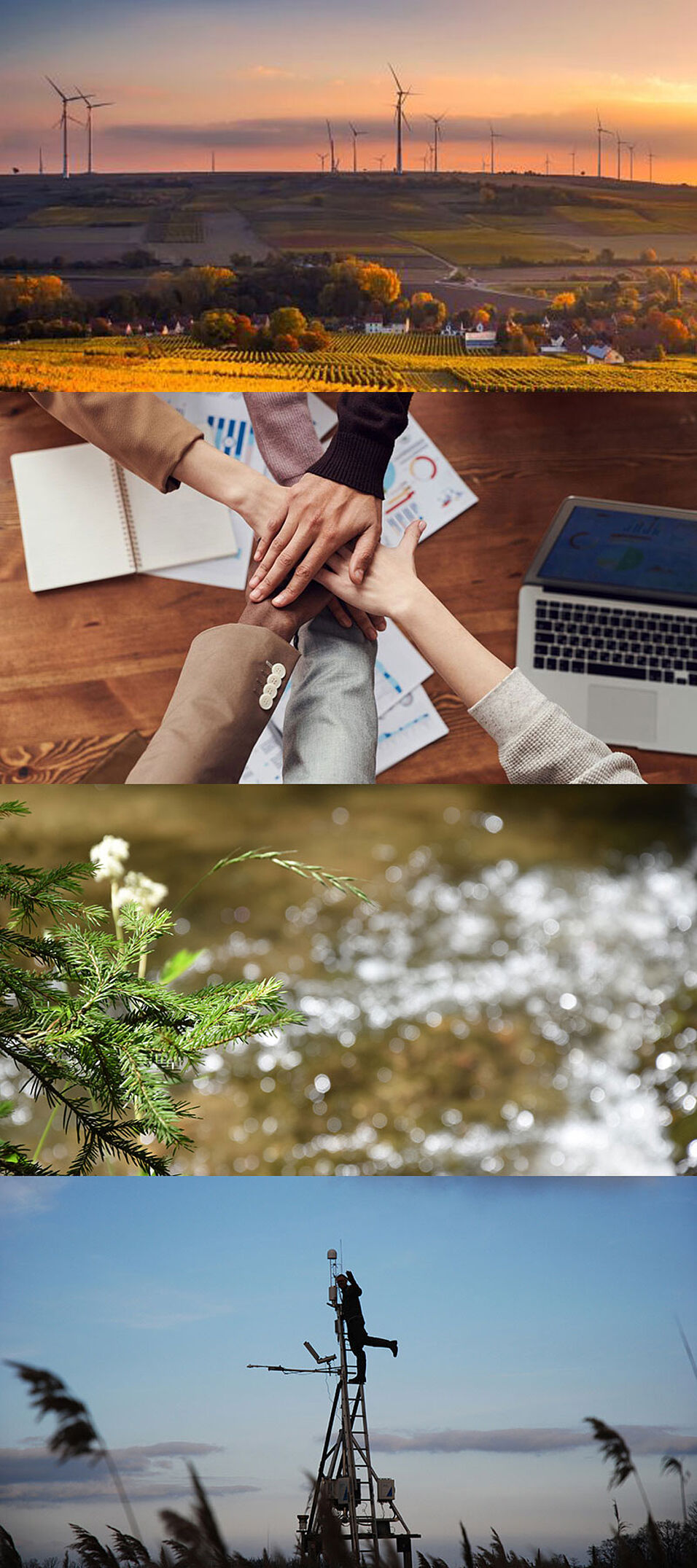Climate crisis, scarce resources and energy consumption and loss of biodiversity: To achieve a sustainable lifestyle, many things still need to change. "This master’s programme explicitly deals with the grand societal challenges of sustainability and global change, and we are very confident that it will quickly find international appeal because of these current challenges", says Michaela Trippl, Head of the Department of Geography and Regional Research, about the main focus of the master's programme in Geography: Global Change and Sustainability, which will start in the winter semester of 2021/2022.
In the first semester of the master's programme, students jointly acquire a common basis for studying global change and sustainability through contents and methodology. After that, students can select one out of four specialisations to gain in-depth knowledge and acquire comprehensive skills.
Research-led teaching is at the core of the master’s programme. We provide individual support to excellent students through mentoring programmes. Students can choose between a research-oriented and a practice-oriented focus within individual lectures and projects. "I can choose, for example, whether I want to be involved in a research project and the (co-)writing of an academic paper in the research track or whether I want to be involved in the organisation of panel discussions with representatives from politics and society within the practice-oriented focus", says Merlin Schmid, student representative at the Department of Geography and Regional Research and future master's student. He especially appreciates the flexibility of the courses.
Innovative and flexible teaching formats
The Mobility Module enables students to gain different perspectives, for example, by means of study visits abroad, practical projects or courses at other faculties. In general, the master’s programme is characterised by flexible and innovative formats – "away from the outdated frontal lecture towards new ways of knowledge generation and capacity building", says Gudrun Haindlmaier, coordinator of the curricular working group.
An example for this is the Open Mind Module, which aims at "thinking out of the box". The students themselves organise this module quite independently. It ranges from panel discussions and student conferences to science communication and the independent development of small projects.
Graduates have a wide range of professional opportunities, on an international, a national, regional or local level: Research, development, administration, public service, international development assistance, conservation area management, and NGOs.
If you would like to actively contribute to solving today's challenges, the master’s programme in Geography: Global Change and Sustainability allows you to strike a balance between thematic specialisation and a wider, holistic context of global change and sustainability, and thus to become part of the solution.
Master Geography: Global Change and Sustainability
- In the new Master's programme, students deal with global change and sustainability in geography from a natural and social science perspective, followed by a specialisation in one of the four following areas:
- Migration and Population Dynamics: interactions between global change and migration; population dynamics in the context of global development; knowledge of population geographic methods and data sources; critical evaluation of empirical studies. Main responsibility Patrick Sakdapolrak
- Socio-Economic Transformations: spatial socio-economic dynamics and development pathways; multi-level governance systems; stakeholder involvement and digitalisation; sustainability innovations. Main responsibility Michaela Trippl
- Earth Surface Dynamics an Management: human impact on geomorphological systems; natural hazards and their interrelations; multi-hazards, risks and cascading effects; modelling and scenarios. Main responsibility Thomas Glade
- Geoecology: mapping of soils; functions of wetlands; complexity of landscapes for nature conservation and landscape management, soils as technological substrates and their role for society. Main responsibility Stephan Glatzel




